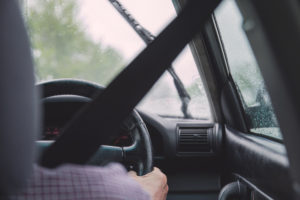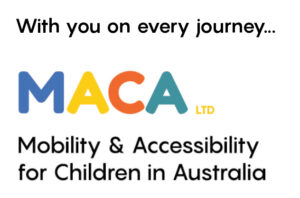For the past 11 years, Professional Assistance for Living has strived to provide high quality assistive technology products for children with a disability. Under the direction of Simone Fejer, the business has grown substantially – evidence of our expert clinical focus and dedicated service to our clients.
In an exciting change, we’re pleased to announce that from 1 February 2024, the PAL business will become part of Independent Living Specialists (ILS).
This change of ownership will provide PAL clients, therapists and suppliers access to a wider range of supportive equipment, expanded resources and innovative systems and technology. This will enable us to deliver an improved service over the coming months and years.
Rest assured, Simone, Colin, Jane and the existing PAL team in Adelaide will remain on board. We’ll continue to operate and provide a great service to our valued clients.
Over the coming months, you’ll start to see some changes, including the:
• Introduction of a new brand, ILS Kids
• Gradual changeover of email addresses and website from @pafl.com.au to @ilsau.com.au
• Improved efficiencies and an expanding local team to help
• New trading name, Independent Living Specialists Pty Limited (ABN: 78 106 336 958), with associated new quoting, invoicing and trading terms, as well as banking details
• Our banking account details will also be changing. Please refer to your new invoices and quotes issued post transition.
The future is exciting. Together, we will continue developing as a leading provider of paediatric assistive technologies. This furthers our shared goal of creating an inclusive community that empowers children with disabilities to lead active and independent lives.
ILS is a leading provider of assistive technology, homecare mobility and pressure care solutions with more than 60 retail outlets across Australia.
Frequently asked questions
All our existing email addresses and phone numbers will continue to operate. We’ll keep you up to date as these gradually transition to @ilsau.com.au. Our office will remain open.
There will be no disruption to your order. Your order will be fulfilled and the team will be in touch to arrange delivery, as usual.
Your quote from PAL will remain valid for 30 days. If this time has lapsed, we can easily provide an updated quote. New quotes issued will be under our new name, with new trading terms attached. Once the quote is accepted and processed, we’ll be in touch to arrange delivery.
Our commitment to delivering high-quality supportive products remains unchanged. Our clients can expect the same level of clinical excellence and dedication. In fact, we’ll now be able to access a greater range of products through the ILS group.
We value our strong, collaborative partnerships with our suppliers. We assure you of our continued support in providing excellent quality products to our clients.


 Safe vehicle travel for children follows strict processes in Australia. According to the RAA, nearly 60 child passengers in SA aged 0-16 years are killed or seriously injured each year on our roads. More than a third are aged 0-7 years.
Safe vehicle travel for children follows strict processes in Australia. According to the RAA, nearly 60 child passengers in SA aged 0-16 years are killed or seriously injured each year on our roads. More than a third are aged 0-7 years. 
